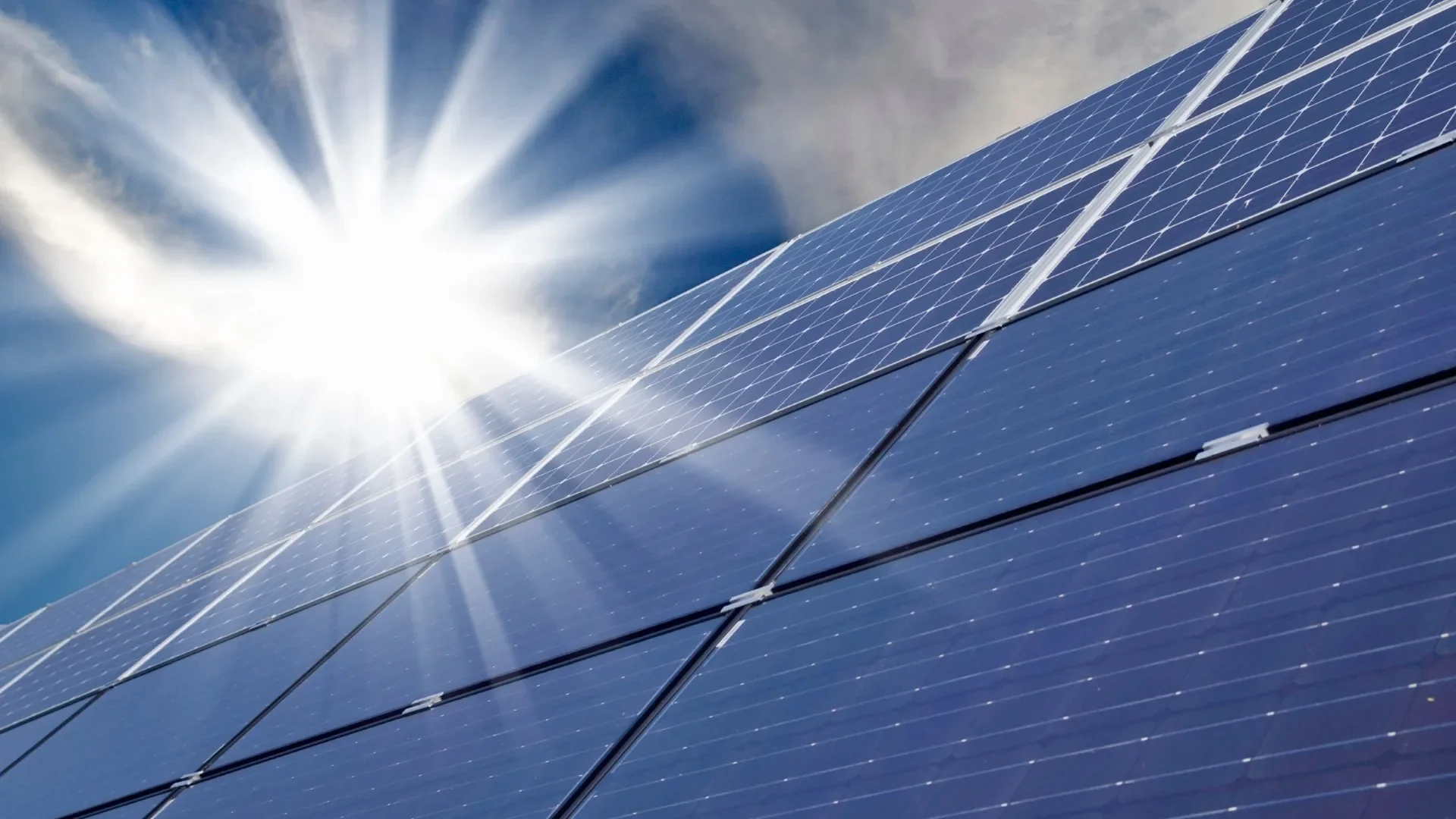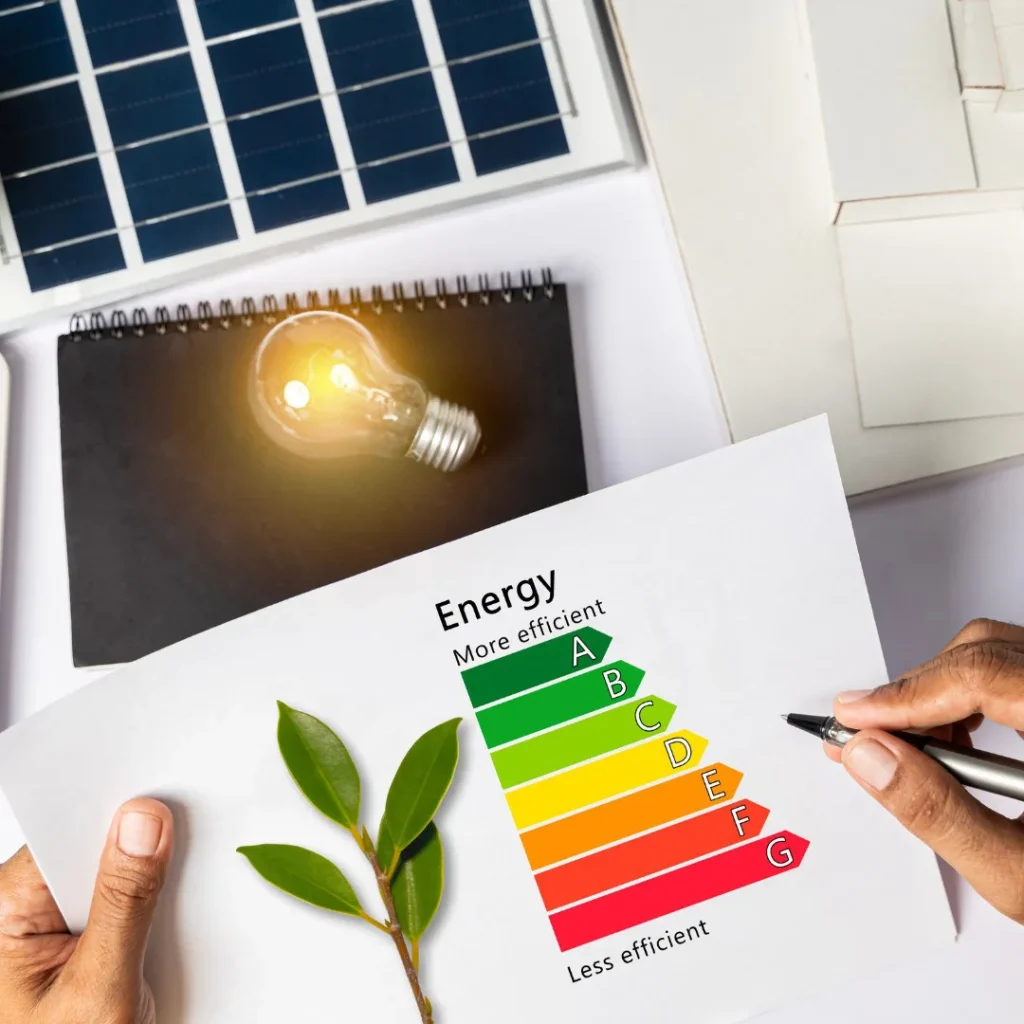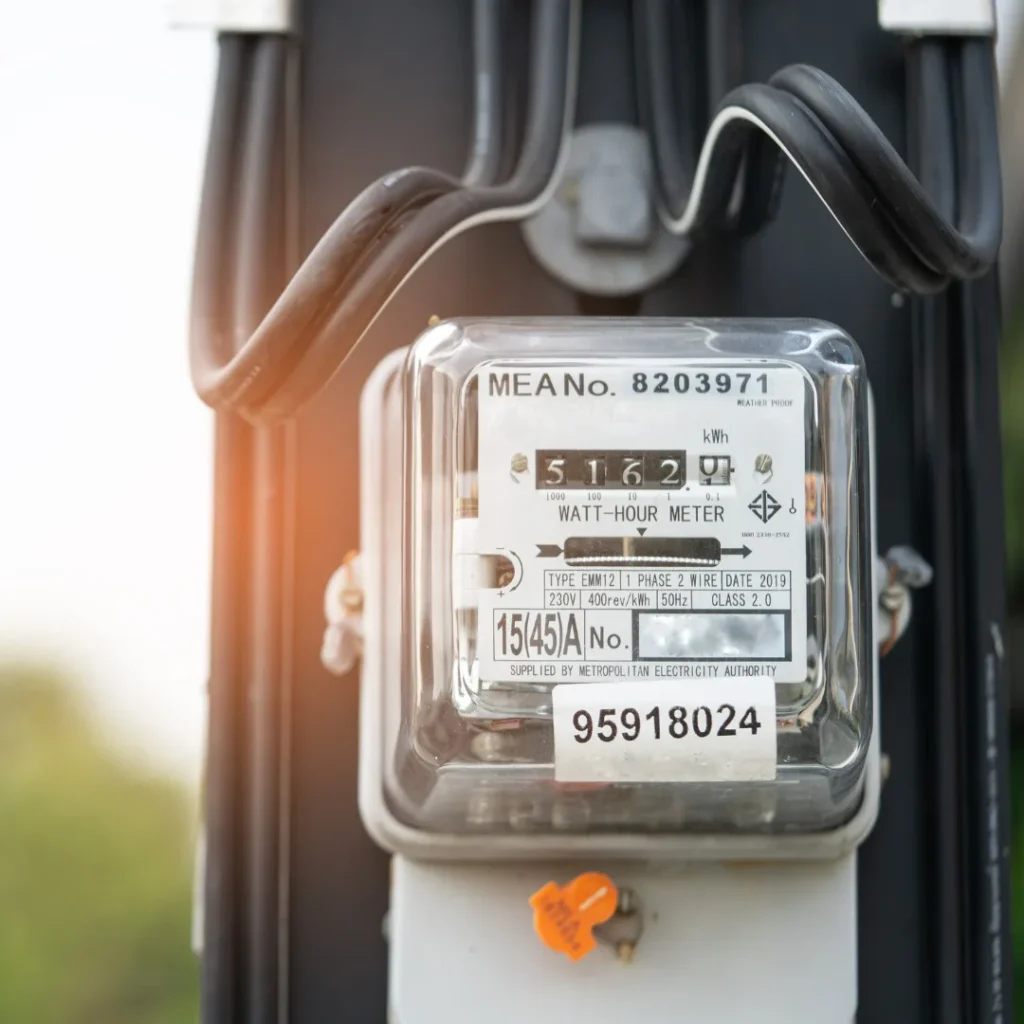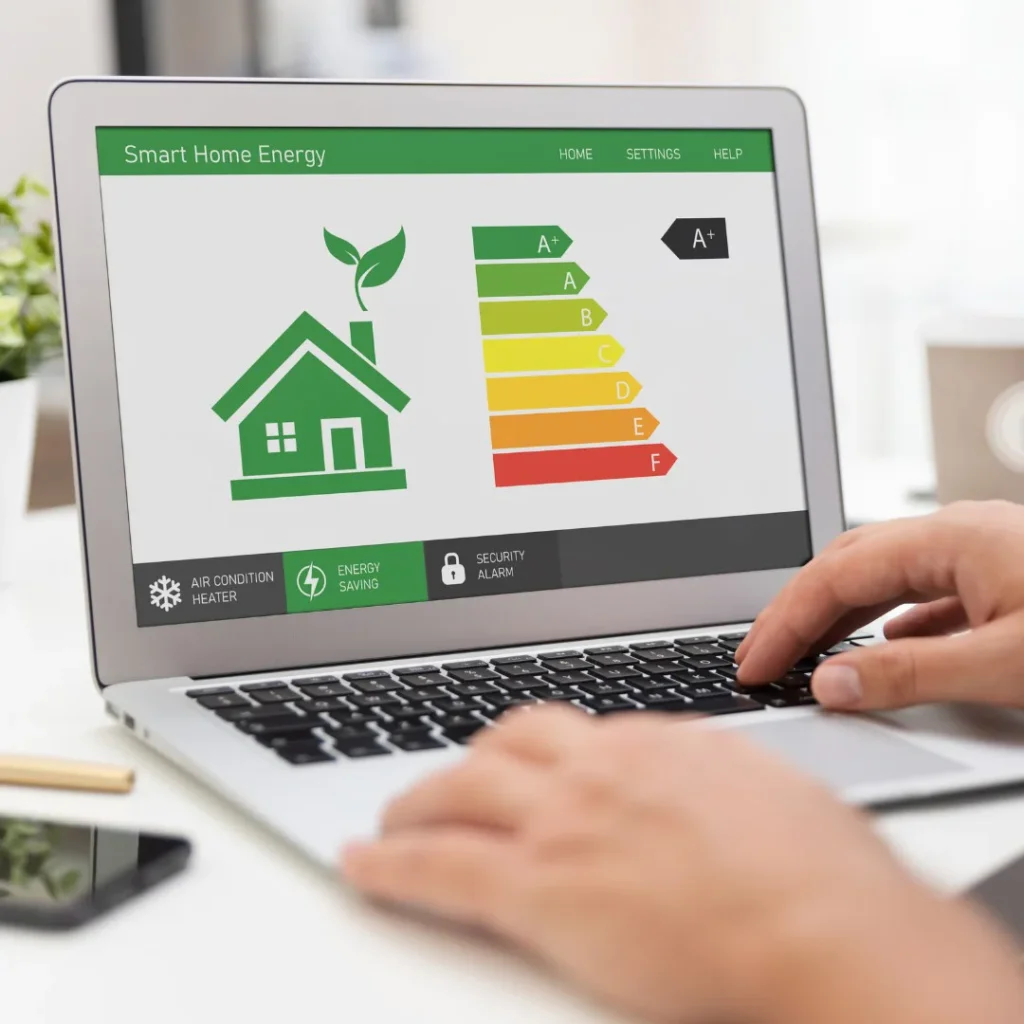
Solar panel efficiency has become a central topic in the fast-moving world of renewable energy. In 2025, homeowners and businesses alike are increasingly seeking efficient solar solutions that maximize energy per square meter, reduce electricity costs, and shrink their carbon footprint. This article is worth reading because it demystifies how efficiency is measured, what factors affect solar panel efficiency, and which panels can help you unlock the highest efficiency among the solar panels on the market. Whether you want to find the best solar panels for your home or simply understand why some panels have lower efficiency, we’ll guide you through everything you need to know about solar panel efficiency in 2025.

When we talk about solar panel efficiency, we’re referring to how effectively a solar panel converts sunlight into electricity. In other words, efficiency is measured as the ratio of the solar energy shining onto the surface of a solar panel versus the energy that the panel will produce. This efficiency is measured in percentage terms, serving as a quick reference for how much electricity you can expect from a certain amount of sunlight.
To grasp how solar panel efficiency is determined, let’s delve into a simplified version of the calculation. First, you look at the energy per second of sunlight that strikes the surface of a solar panel—this is your input. Then, you measure the electricity produced—this is your output. By taking the output and dividing it by the input, you get a ratio you can convert into a percentage. This figure represents the efficiency of the panel. Because the efficiency of a pv cell is never 100%, there will always be some energy loss due to heat or resistance. Yet, each technological innovation aims to shrink those losses and boost overall efficiency.
Most people know solar panels work by capturing sunlight and converting it into solar power, but let’s break down the basics. Solar panels are made up of multiple solar cell units—often from materials like monocrystalline or polycrystalline silicon. When sunlight hits the surface of a solar cell, electrons are excited and start flowing, creating a direct current (DC). This DC is then routed through the solar panel and is converted into alternating current (AC) by an inverter for household or business use.
The importance of efficiency becomes clear when you consider space and cost constraints. If a solar panel is one of lower efficiency, it requires more sunlight and more surface area to produce the same amount of solar power as a higher-efficiency panel. Conversely, high-efficiency solar panels capture more solar energy in a smaller footprint. This is why property owners who want to go solar often look at the efficiency rating of a panel when deciding on their investment. Every inch of your roof or available ground space matters, and more efficient panels allow you to generate sufficient electricity while using fewer modules overall.

A range of factors that affect solar panel performance come into play:
Central to all of this is the concept of solar cell efficiency. A solar cell’s architecture is key to how much energy per square meter it can generate. Each solar cell is designed so photons from the sunlight liberate electrons, creating an electrical flow. The better the solar cell design, the more electrons move freely, and the more electricity is produced.
Because the efficiency of a pv cell directly influences total panel efficiency, choosing an efficient solar panel solution can significantly affect your energy harvest. As manufacturers continue to innovate, we see new strategies—such as passivated emitter rear contact (PERC), heterojunction, or tandem solar cell approaches—improving conversion efficiencies. These advancements help homeowners and businesses make solar panels work better, even on smaller rooftops, ultimately lowering long-term energy costs.
Absolutely. Solar panel efficiency has steadily improved over the years, and efficient solar panels in 2025 are reaching record highs, with some models surpassing 22% total panel efficiency. While the maximum theoretical efficiency—also known as the thermodynamic efficiency limit—remains higher than what’s currently achievable, commercially available solar panels continue to push new boundaries.
For homeowners with limited roof space, higher efficiency panels can reduce the number of solar panels needed to meet electricity demands. In other words, one efficient panel can do the work of multiple less efficient panel units. For many, the upfront cost is justified by long-term energy savings and a higher rate of return on investment. Even for larger properties, having efficient solar solutions can reduce overall installation complexity and ongoing maintenance costs.
One promising innovation that’s gathering attention is tandem solar technology. By stacking two (or more) layers of solar cell structures, each tuned to a different portion of the solar spectrum, these panels can achieve higher efficiencies than single-junction traditional solar cells. Essentially, dividing the solar spectrum allows each layer to handle a specific range of wavelengths, boosting overall power output.
When you combine multiple type of solar cells into a tandem solar cell configuration, you can exceed the typical conversion efficiency limitations of standard modules. Although not yet widespread for residential uses, tandem solar research is advancing quickly, and many believe it could bring the efficiency of solar closer to the maximum theoretical efficiency in the near future. As prices drop and production methods become refined, this could represent a real leap forward among the solar panels on the market.

Many homeowners considering solar panels for your home ask if efficient residential solar panels justify the cost. While they often carry a higher price tag, these panels can pay off if your energy demands are significant or if your available roof space is limited. The extra power generated by each efficient panel can reduce the total number of panels you need, potentially cutting racking and installation costs.
Over time, high-efficiency systems can also provide greater savings on electricity bills, resulting in a quicker payback period. If you worry about partial shading or dust, a more efficient panel can offset minor losses and still generate strong output. For many homeowners, the peace of mind and higher production from efficient residential solar panels make them a worthwhile long-term investment.
Every solar panel faces inherent design and material constraints that can cause lower efficiency. Thin film solar modules, for instance, often have a lower efficiency rating but can be cheaper and more flexible, making them attractive for large commercial installations with ample space. Some panels also reduce efficiency in hotter climates if their materials aren’t optimized to handle heat.
Additionally, certain manufacturing shortcuts—like thinner wafers or subpar silicon doping—can result in less efficient modules. This is why it’s crucial to research solar panel manufacturers and compare panels with different efficiency ratings to find the best solar panels that balance performance and cost. In some scenarios, a less efficient panel might still be the best fit if you have enough roof space and want to prioritize affordability.
Optimizing the efficiency of solar panels begins with a high-quality installation. Ensuring your panels have an ideal tilt angle toward the sun, minimal shading, and proper ventilation can help them capture more sunlight. Dust, debris, or snow build-up on the surface of the solar panel can drastically reduce efficiency, so plan for regular cleaning—especially if you live in a dry, dusty region or an area with heavy snowfall.
Monitoring your solar production data is another best practice. A sudden drop in output could indicate that solar cells stop working as expected or that shading has intensified. By addressing issues swiftly, you can maintain strong efficiency levels over the panel’s lifetime. Remember that every element, from inverters to wiring, can affect efficiency, so periodic inspections and system checks go a long way.

In 2025, you’ll find numerous solar panels available for residential or commercial applications, many boasting impressive performance. The best solar panels often feature premium solar cell technologies—such as monocrystalline solar cells—combined with robust warranties and proven durability. Well-known solar panel manufacturers are in a race to introduce efficient solar panels in 2025 that can surpass 22% or 23% efficiency levels.
If you want to find the best solar panels, look beyond just the efficiency rating. Check factors like temperature coefficients, warranties, and real-world performance data. A panel that starts at a high efficiency but degrades quickly may not serve you as well as one with a slightly lower starting efficiency but superior long-term stability. In a fast-evolving market, you have many highly efficient solar panels to choose from, so be sure to consult with experts or professional installers to learn more about solar solutions that match your specific needs and climate.
By understanding how solar panel efficiency works, what affect solar panel efficiency, and how to choose the right panels for your goals, you can feel confident in your decision to go solar and enjoy reliable solar energy for years to come.